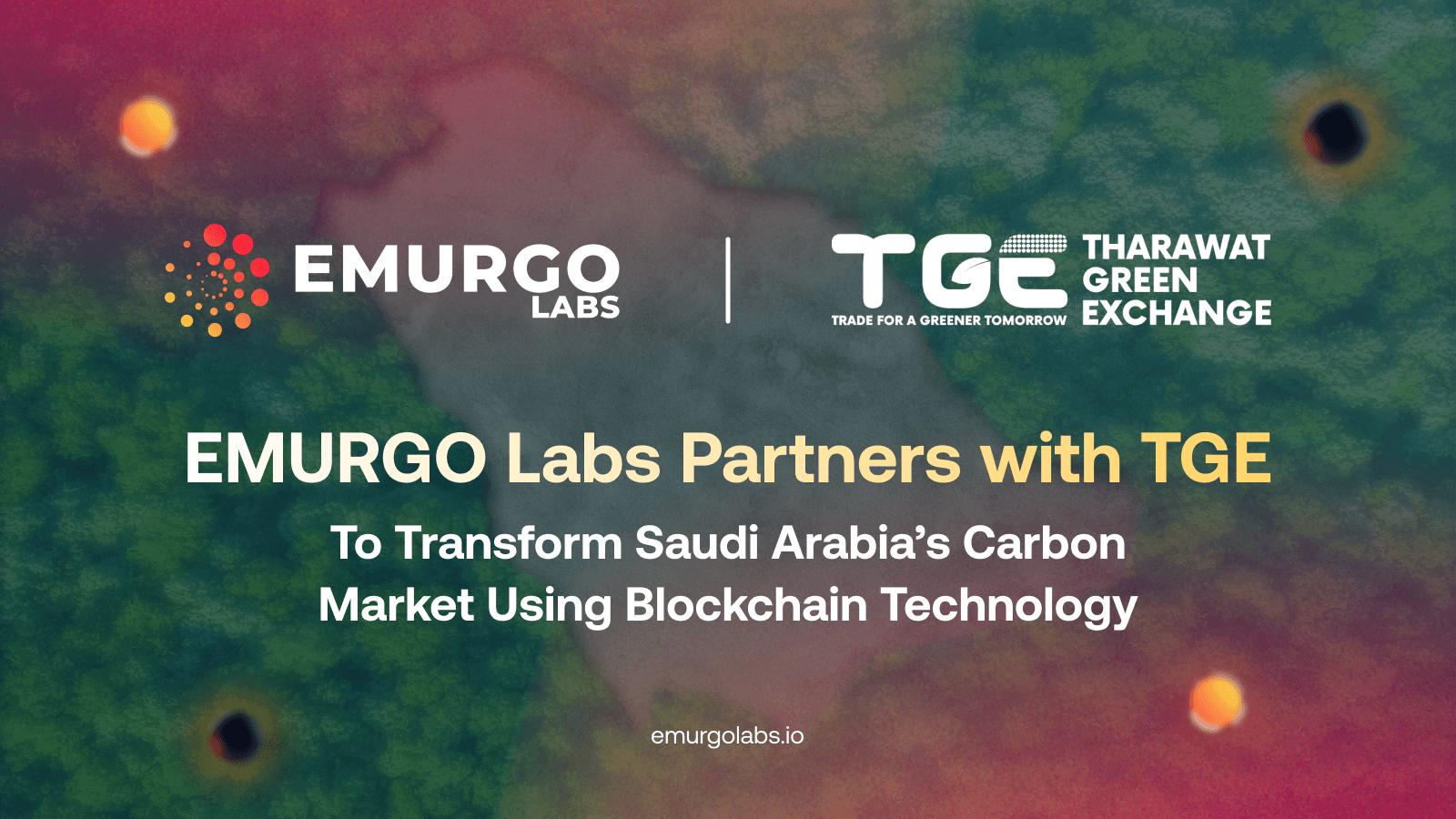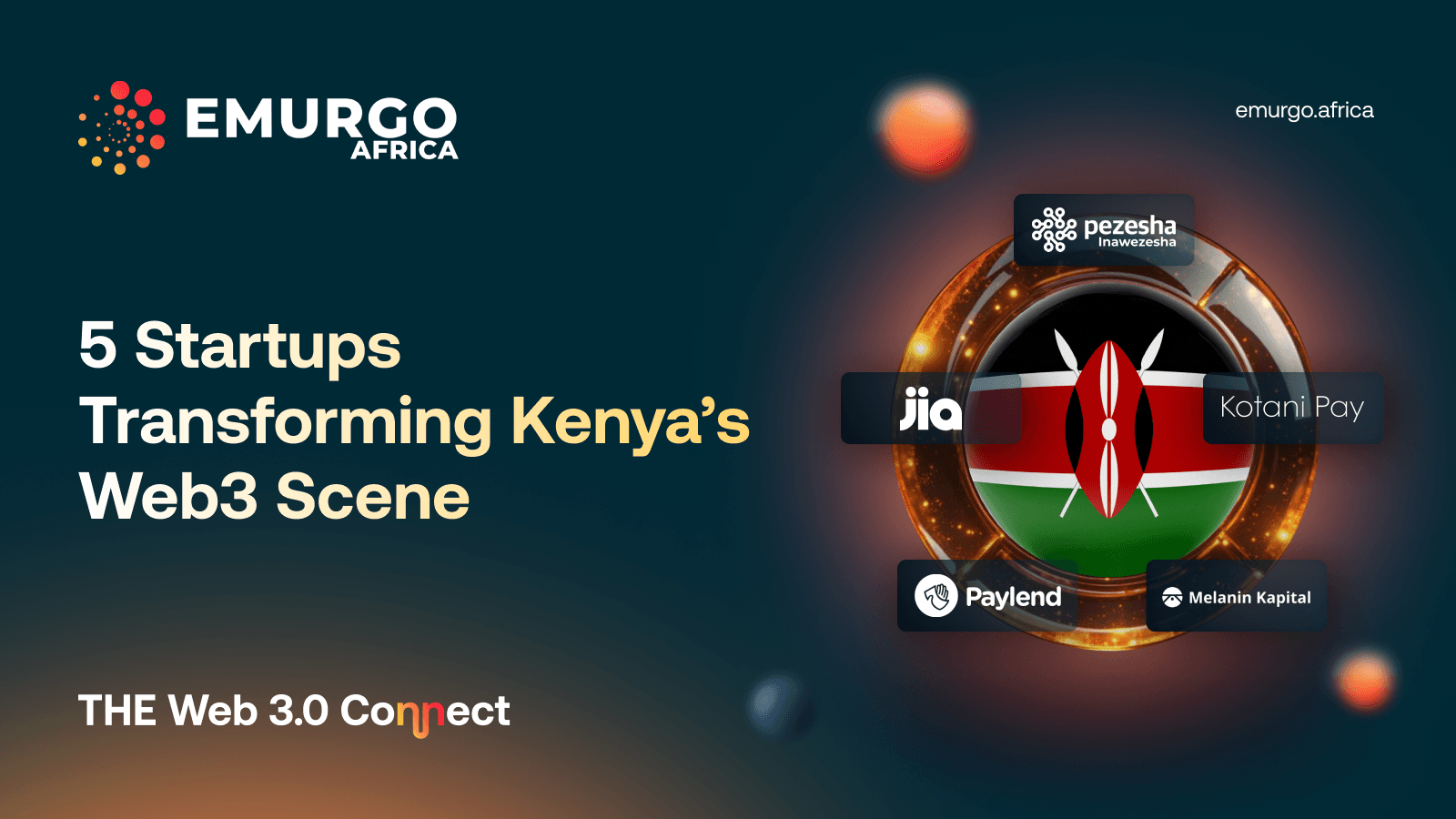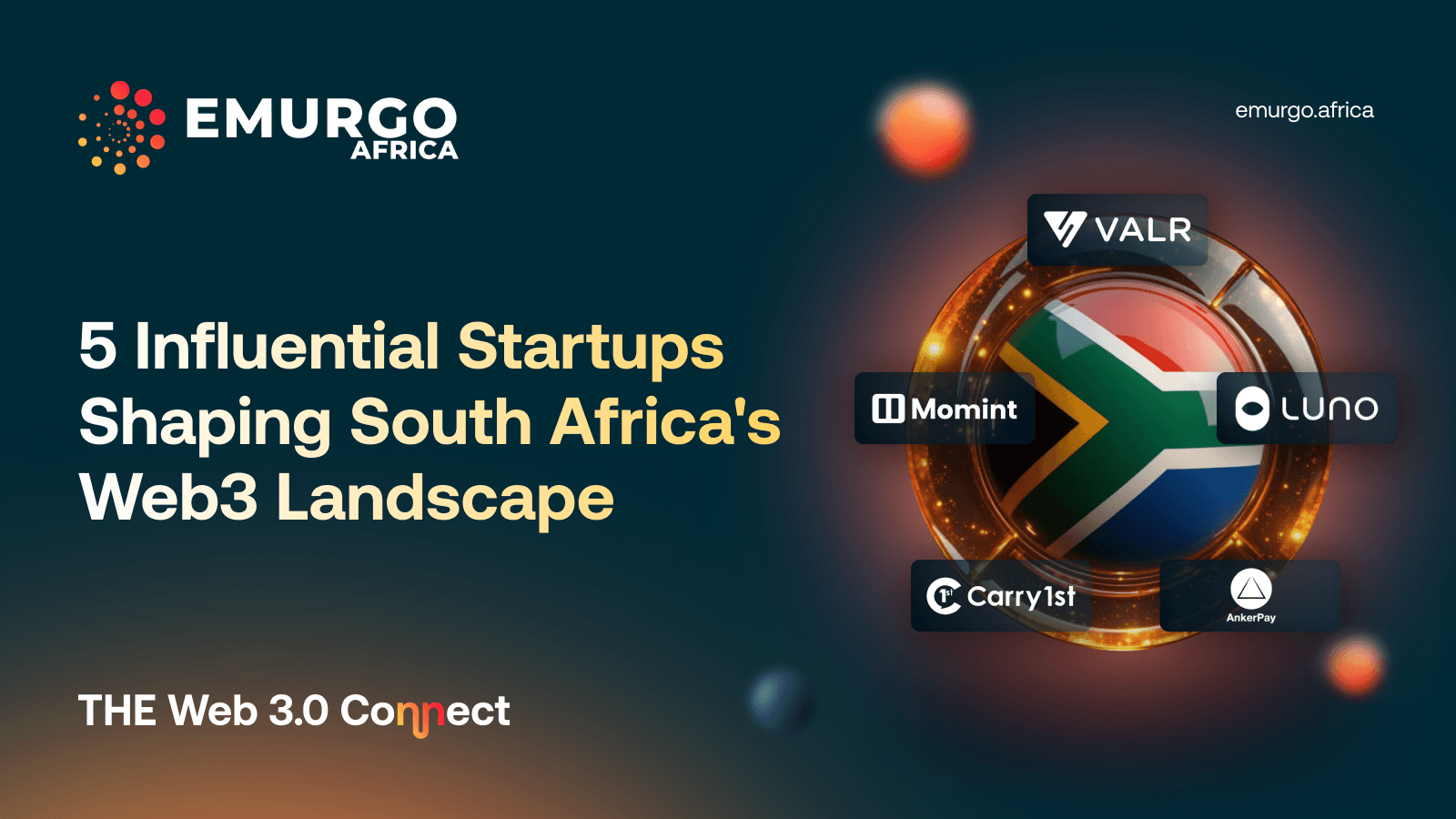Thank you for visiting our blog post! 🦄🎆
In this post, we explore real-world examples of Decentralized ID(DID) solutions that harness the power of blockchain technology. Let's dive into the world of DID solutions and discover the endless possibilities that lie ahead! 🌌🌟
Blog posts related to this post:
・Download Full Report: Effect of Digital ID and Role of Decentralized ID (DID) in Africa
・Interview: Exploring the Power of Decentralized ID with David Harding, General Manager of Atala PRISM at IOHK
・What Decentralized ID (DID) Means and How It Works
Hope you enjoy reading the articles 😌🫐
Examples of DID Solutions
Decentralized Identity (DID) solutions align themselves with well-established open standard, W3C, placing strong emphasis on interoperability and compatibility across different platforms. The pursuit of privacy and security stands as a top priority, with private networks offering enhanced data protection, albeit potentially introducing concerns related to centralized governance.
It is also worth mentioning that for users, what often matters most is the user experience (UI) and user interface (UX), as the intuitiveness and accessibility of these solutions frequently overshadow the intricate technical details. Below are the real-world examples of DID solutions. Here we define DID solutions as the decentralized IDs that operate on blockchain networks, whether they are public or private.
Note that the protocols listed below are selected by their presence in the decentralized identity space based on our own research. Other information is gathered from their websites and docs available online.
Table 1. List of DID Protocols

Source: "Effect of Digital ID and Role of Decentralized ID (DID) in Africa" by EMURGO Africa
- Microsoft Entra Verified ID: Developed by Microsoft, this identity solution is based on top of the Bitcoin (ION) blockchain. It provides links to documentation and an Npm package.
- Polygon ID: Polygon introduces its identity solution on the Polygon blockchain. Access documentation for more information.
- Fractal ID: Developed by Fractal and operating on the Polkadot blockchain, Fractal ID offers an application available for Chrome. It also provides links to documentation and its repository.
- Atala Prism: Created by IOHK and operating on the Cardano blockchain, Atala Prism offers access to the Pioneers Program.
- ONT ID: Ontology presents ONT ID on the Ontology blockchain. It offers an application available for iOS, Android, and Chrome. Additional information can be found in the provided documentation and repository.
- Iden3: Developed by 0KIMS, Iden3 operates on the Ethereum blockchain and provides an Android application. Documentation and repository links are also available.
- Magic Auth: Magic introduces Magic Auth on the Ethereum blockchain, offering access to documentation.
- Diz me: InfoCert presents Diz me on the Algorand blockchain. This solution provides applications for iOS and Android and links to API and the DizmeID Foundation.
- Identity.com: Developed by Civic and operating on the Solana blockchain, Identity.com offers links to the White paper and repository.
- Selfkey: Selfkey offers its identity solution on the Ethereum blockchain. It provides applications for iOS, Android, Windows, Mac, and Linux, along with links to the White paper, documentation, and the repository.
- Blockchain Identity: IBM introduces Blockchain Identity on the Hyperledger blockchain, with links to IBM Blockchain Resources.
- Blockpass: Blockpass, which specializes in identity solutions, provides links to documentation and the repository.
Thank you very much for reading this post🪀
For downloading the full report, visit this page.
Follow EMURGO Africa for more information

EMURGO Africa invests and supports local Web3 projects in the region to adopt Cardano’s decentralized blockchain technology to build socially impactful solutions.
As a regional entity of EMURGO, the official commercial arm of Cardano, EMURGO Africa also runs a local Cardano accelerator in Africa, Adaverse, which accepts applications year-round.
For more up-to-date information on EMURGO Africa, follow the official channels listed below.
About EMURGO Africa
- Official Website: emurgo.africa
- Twitter: @EmurgoAfrica
- Telegram: https://t.me/emurgoafrica



